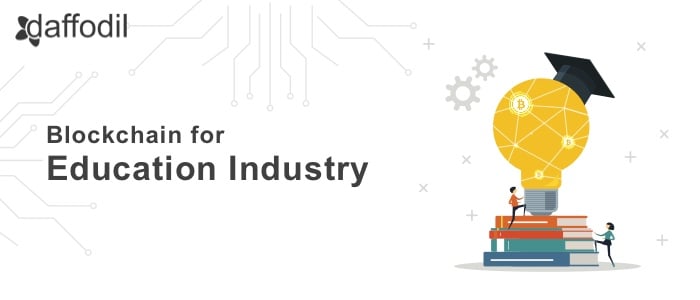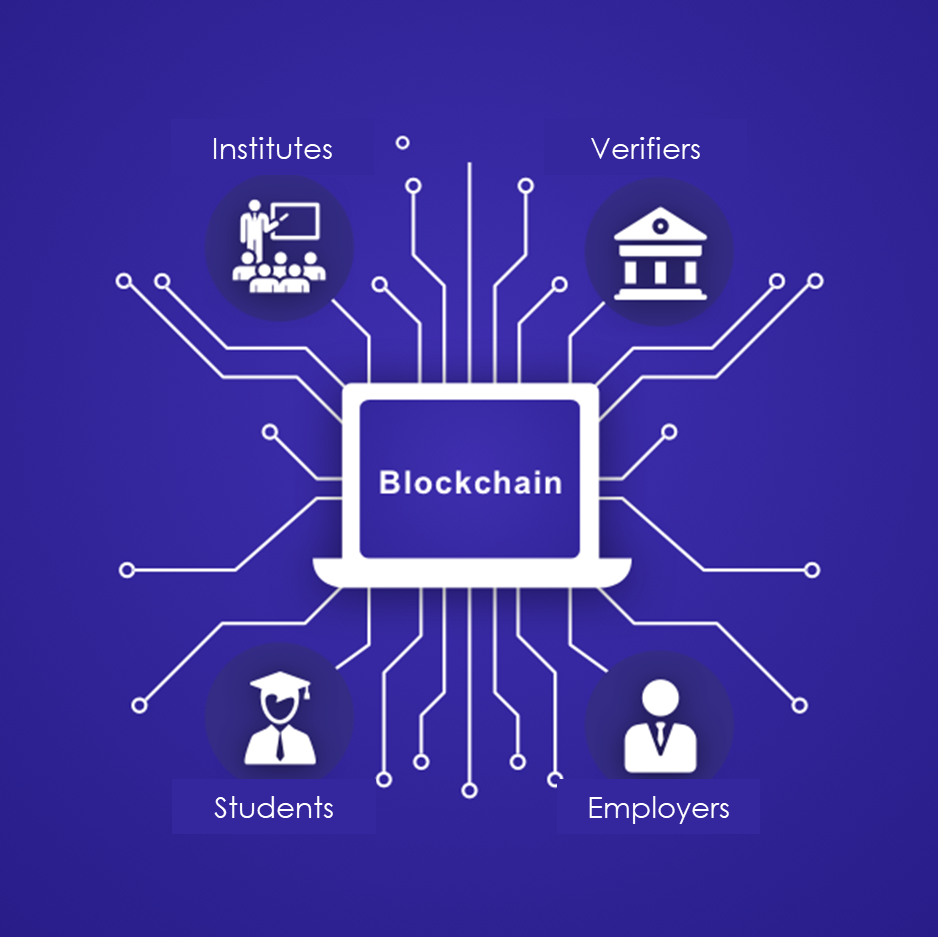
It is not long when Blockchain was a buzz word and every business out there was rushing to hire resources for Ethereum development (Ethereum being one of the most popular Blockchains). But with time, the people and industry have matured, and now businesses emphasis on getting comprehensive Blockchain consulting services first before deciding to invest in the solution development.
Blockchain is a network of distributed ledgers, where information is stored in groups (known as Blocks) in the form of cryptographic hashes A cryptographic hash function can convert information of any size into a unique fixed length alphanumeric string. Two different information pieces can never have the same cryptographic hash.
Even, if a small change is made in the information, it will lead to a different cryptographic hash. Different types of Blockchains group a specific number of hashes in the form of a block and each block has a reference to the previous and next block, thus forming an immutable chain of a group of hashes connected with each other.
Problems in education industry and how Blockchain can solve them
The education industry is not well connected, and the information is stored in silos. It relies heavily on information published in physical form. Thus, the information is prone to duplication and tempering. Some of the major challenges are:
1. Verification of certificates
With so many advanced image editing software available, a paper-based degree or certificate can be easily reproduced or edited. Differentiating between a doctored/fake document and the original is almost impossible. Although most of the certificates/degrees have a unique identification number. Availability of the means to audit and verify this unique number is less or completely missing.
Businesses hire third-party verification services provider to authenticate these certificates/degrees which cost considerably. The verification process itself is long and time-consuming resulting in unnecessary delays in the hiring process.
Solution
Educational institutes can opt for Ethereum development to build a network of institutes on Blockchain. This network can be joined by other corporate businesses that can have only the access rights. Every transaction in such a network gets recorded with a time stamp and the details of the transaction are stored in the form of a cryptographic hash that makes making changes in the recorded information almost impossible.
Such a Blockchain-based network is ‘write-once only’ and any new information can only be appended i.e. information can’t be deleted or edited. Even the owner of the information can only append the information, and it is easy to track who made the changes and when. This network can be utilized to publish degrees/certificates digitally.
All the information related to a person’s profile can be recorded in the form of a smart contract – a feature of Ethereum Blockchain. Educational Institutes can publish certificates/degrees on the network and the information can be added in the smart contract. Whenever a piece of new information (a new certificate or degree) gets added to the smart contract, the person needs to verify the information. After verification, it becomes a permanent history of the person’s profile.
Every member of the network including businesses will get automated alerts initiated by the smart contract for new additions or updates made in the person’s profile. This streamlines the verification process, eliminating the need of the third party verification services. But in the real world scenario, the third party verification companies can themselves utilize such networks to provide better services.

2. Proof of original work & authorship
In higher studies, research work plays an important role. Postgraduate students and scholars often publish research work. Also, many of these researches are sponsored by corporate entities. To check whether the work is original or copied, universities and journals take services of online plagiarism tools which cost them thousands of dollars.
Solution
In a Blockchain network (as explained earlier), each research paper can be stored with a unique identifier. Also, the text file containing the research work can be fed into an algorithm known as SHA-256 (Secure Hash Algorithm) which generates unique 256-bit hashes for added security. Thus, it is impossible to make copies of the information and only people with the right credential can access the information. Additionally, it is easy to prove the ownership of the work.
3. Cross-border payments
Many students cross borders for getting a better education. They face many hurdles while transferring money across borders for paying fees and other educational expenses. In international transfers, the transaction fees is high and there is no visibility as to when the receiver will get the funds.
Solution
By developing a cryptocurrency that can be exchanged for availing various educational services and for making fee payments, the education institutes can settle the payments faster. Moreover, this cryptocurrency can be utilized for rewarding the outstanding performing students automatically via smart contracts when they achieve certain goals, who can then utilize the received funds to make fee payments or avail other educational services.
Conclusion
Education Industry is ripe for Blockchain implementation. The benefits of implementing Blockchain outshines the cost involved in the development by a huge margin. However, to utilize this technology to the full potential, a technology partner who can provide comprehensive Blockchain consulting services is essential.
Daffodil software has a pool of experienced Blockchain developers that can provide top-notch Ethereum development services. For a complimentary consultation session, click here.



